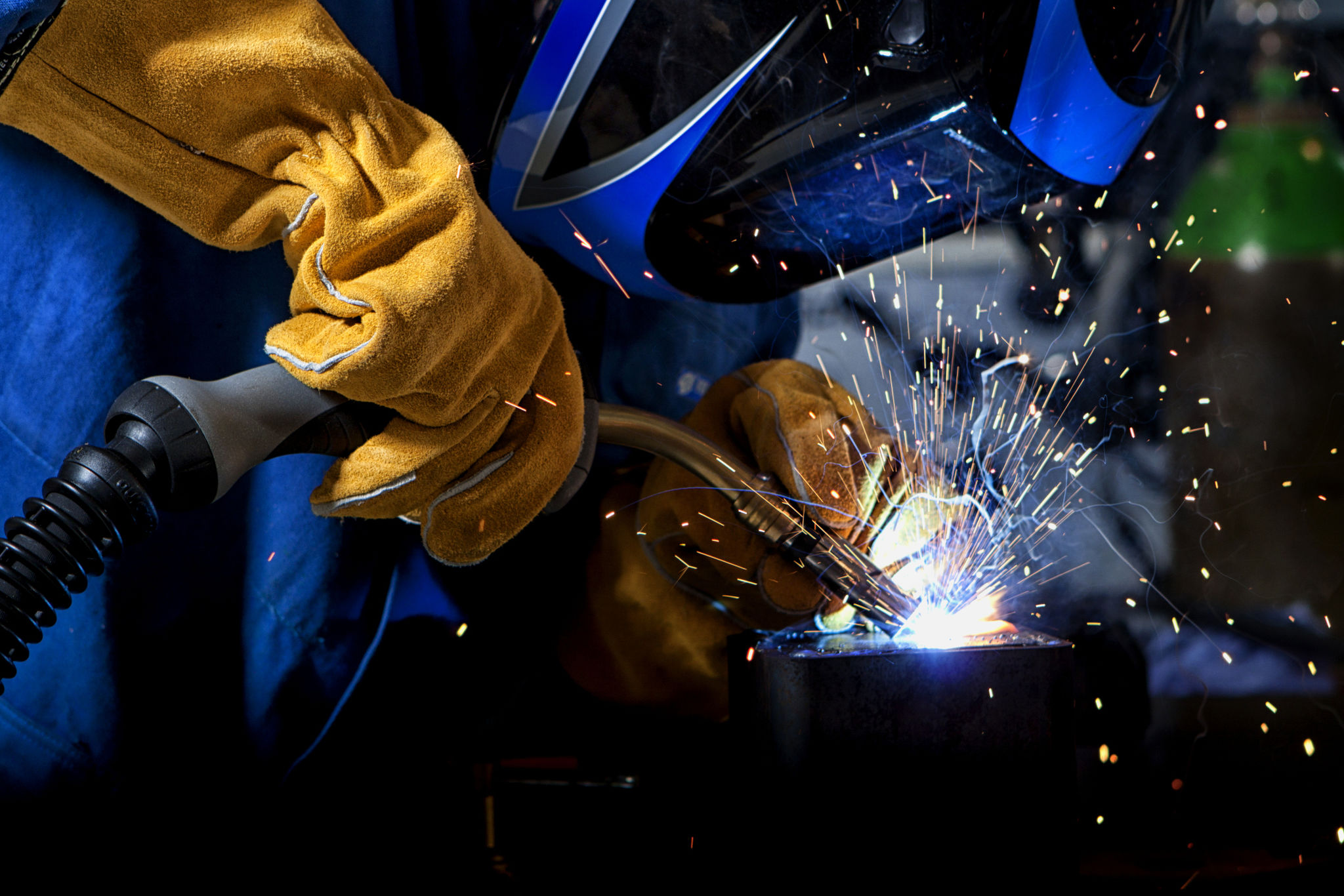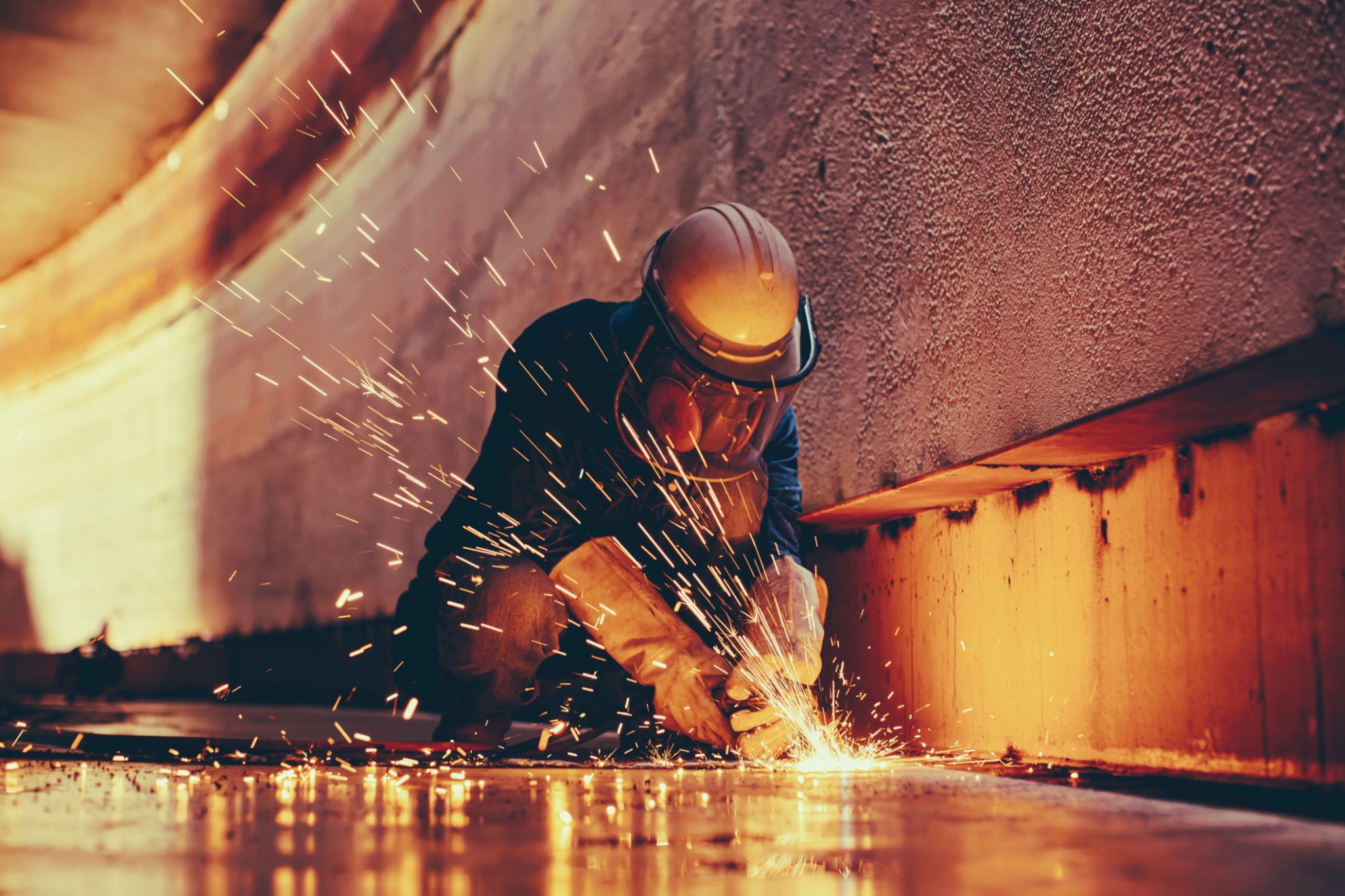Essential Tips for Selecting a Welder: Avoid Common Mistakes
Understanding Your Welding Needs
When selecting a welder, the first step is to understand your specific welding needs. Different projects require different types of welding, and knowing what you need will help you make a more informed decision. Consider the materials you'll be working with, the thickness of the materials, and the precision required for your project.

For instance, if you're working with thin metals like aluminum or sheet metal, you might opt for a TIG welder. On the other hand, for thicker metals, a MIG welder could be more suitable. Understanding these nuances will guide you in choosing the right equipment.
Researching Welder Types
Once you've identified your needs, it's crucial to learn about the different types of welders available. The three most common types are MIG, TIG, and Stick welders. Each type has its own strengths and is designed for specific applications.
MIG welders are known for their ease of use and speed, making them ideal for beginners and large projects. TIG welders provide more precision and are better suited for detailed work. Stick welders are versatile and can be used in outdoor settings due to their ability to perform well even in windy conditions.

Assessing Welder Quality
Quality should be a top priority when selecting a welder. Investing in a high-quality machine can save you money and time in the long run. Look for welders from reputable brands known for their durability and performance.
Pay attention to customer reviews and expert ratings. A good welder should have positive feedback regarding its reliability and ease of use. Additionally, consider the availability of replacement parts and service centers, as this can impact the longevity of your equipment.
Considering Power Requirements
Another important factor is the power requirement of the welder. Some welders operate on 110V power, while others require 220V. Ensure that your power source is compatible with the welder you plan to purchase. Also, consider the duty cycle of the welder, which indicates how long the machine can operate before needing to cool down.

A welder with a higher duty cycle can handle longer periods of continuous work, which is essential for large projects. However, for smaller tasks or hobby projects, a lower duty cycle may suffice.
Budgeting and Cost Considerations
Your budget is another critical aspect of selecting a welder. While it's tempting to go for the cheapest option, remember that quality should not be compromised. Set a realistic budget that balances cost with the features and quality you need.
Consider additional costs such as accessories, safety gear, and any potential maintenance expenses. Sometimes spending a little more upfront can lead to significant savings over time by reducing repair costs and downtime.
Evaluating Safety Features
Safety should never be overlooked when selecting a welder. Ensure that the model you choose has adequate safety features such as thermal overload protection, proper ventilation, and a secure grounding mechanism.

Investing in quality safety gear like gloves, helmets, and protective clothing is also essential to protect yourself from potential hazards during welding operations.
Testing Before Purchase
If possible, test the welder before making a purchase. This allows you to get a feel for its operation and ensure it meets your expectations. Testing can also reveal any potential issues with functionality or ease of use.
Many retailers offer demo units or trial periods that let you try out the equipment before committing to a purchase. Take advantage of these opportunities to ensure you're making the right choice.
Seeking Professional Advice
If you're new to welding or unsure about which welder to choose, don't hesitate to seek professional advice. Consulting with experienced welders or industry experts can provide valuable insights and help you avoid common mistakes.

Additionally, joining online forums or communities dedicated to welding can be an excellent way to gather information and learn from others' experiences. Leveraging collective knowledge can significantly enhance your decision-making process.